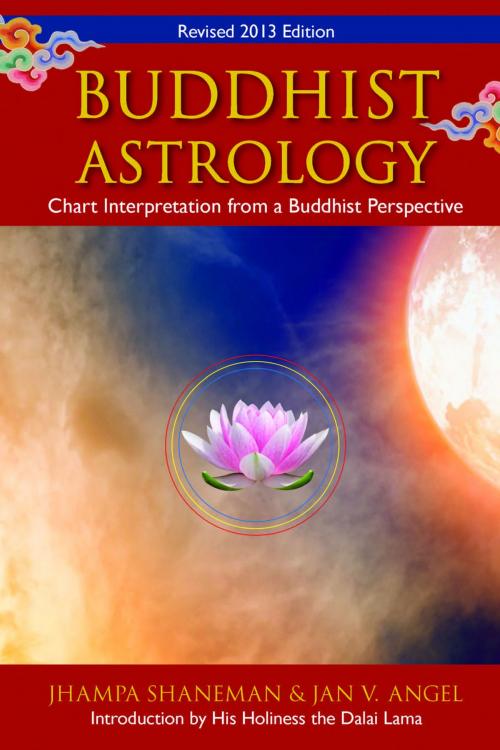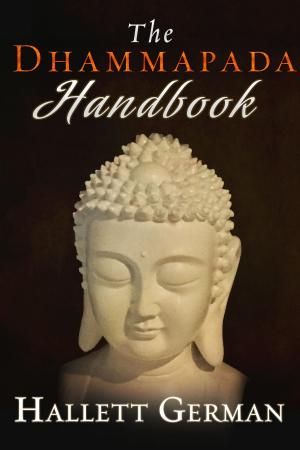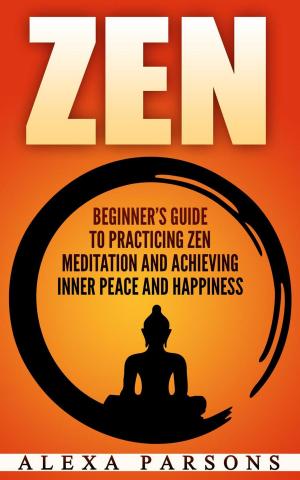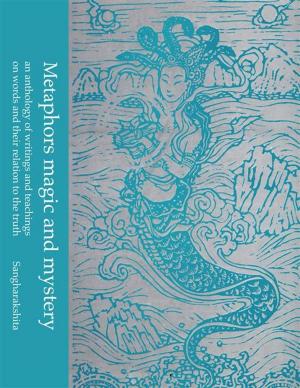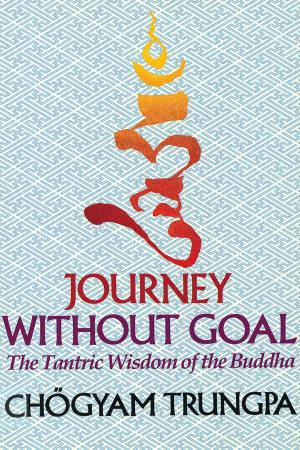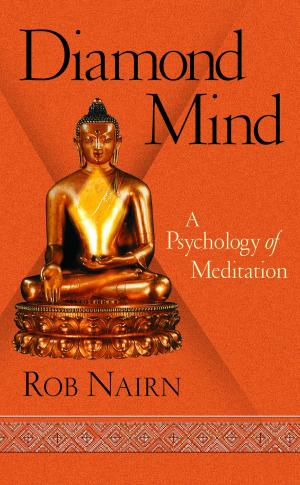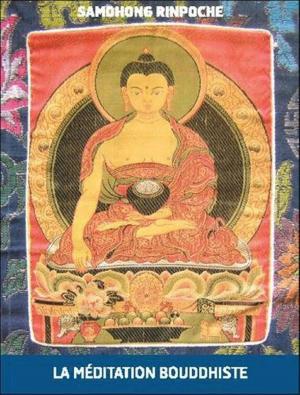Buddhist Astrology
Chart Interpretation from a Buddhist Perspective
Nonfiction, Religion & Spirituality, Astrology, Horoscopes, Eastern Religions, Buddhism| Author: | Jhampa Shaneman, Jan Angel | ISBN: | 9781896559209 |
| Publisher: | The Sumeru Press Inc. | Publication: | October 18, 2013 |
| Imprint: | Sumeru | Language: | English |
| Author: | Jhampa Shaneman, Jan Angel |
| ISBN: | 9781896559209 |
| Publisher: | The Sumeru Press Inc. |
| Publication: | October 18, 2013 |
| Imprint: | Sumeru |
| Language: | English |
The book Buddhist Astrology offers us a glimpse into how to view astrology not as one's destiny but as an influence. Astrology is not a religion and Buddhist Astrology helps us understand astrology. We are the one making the decisions, not something distant and unseen. Astrology from the Buddhist perspective is a study of interdependence. Interdependence brings to mind many factors that are influences to body and mind. One can look at genetics, parents, siblings, education, social standing, cultural and ethnic influences, all together as being factors affecting the personality and attitude. All of these factors are immediate and directly in our environment, so they are considered primary influences on us. From the Buddhist point of view, astrology would fall into a secondary category of influence. It is also considered to be an environmental influence. It is secondary because it is at a distance from us, not immediate and visible. It is environmental because it is part of the physical world. This classification of astrology is important if we are to consider astrology realistically. It would not be useful to over-emphasize astrology to the exclusion of other more primary influences. We are the product of interdependence, astrology plays a role in that interdependence, but it is not a primary influence. The above factors take into consideration observable objects we can review. Although past lives are not obvious phenomena, they are an influence recognized in Buddhism. Reflect upon this yourself. Think of the saying Buddha used to help draw conclusions about what type of person we were in the immediately preceding life. The Buddha said, "Look at the body and you will know what you were; look at your present actions and you will know what you will become." The Buddha was referring to our present state of affairs as being obvious signs of what sort of existence we led in the past life. If we are rich, then we were generous; if we are handsome and beautiful, we were patient and kind; if we are healthy, then we protected the lives of others. The opposite of being rich, prosperous, attractive and healthy is the result of our miserliness, ill will and causing disruption to the health and physical well being of others. Some astrologers will attempt to tell you what past lives you had, but the best judge of that is yourself. Just look at your body and you can discover a great deal about your past life. As for the future, that is totally created by how you act. If you are generous, kind hearted, patient, and approach life with a positive attitude, you will create not only a good situation for yourself in this life, but you also will create good factors of influence for the future rebirth you take. Astrology was taught in the Kalachakra Tantra (Wheel of Time Tantra). The Buddha said clearly though, "For aware individuals, harmful (astrological) influences will not affect them." What the Buddha meant by that statement is that if an individual lacks self-awareness and wisdom, then whatever circumstances they meet will cause a reaction motivated from unawareness and habit patterns. They will be predictable and to some extent predetermined. In contrast, an individual who is self-aware and wise has more choices. Self-awareness is being aware of personal dynamics and inclinations. Wisdom has three general sources: past experience, education and spiritual practice. When awareness and wisdom come together, an individual definitely has more options. By having more choices they have a greater expression of freedom, or free will, and therefore are not as predictable. Thus Buddhism says free will is proportionate to the amount of awareness and wisdom an individual has. The greatest expression of free will is enlightenment. Enlightened male and female Buddhas have nothing that has power over them. If there were something that had an unconscious effect on their minds, it would contradict the meaning of full liberation and enlightenment. Astrologically speaking, one can consider that enlightened beings are aware of planetary influences, but also by merely being aware of themselves, the Buddhas control whatever pressure the planets may be generating.
The book Buddhist Astrology offers us a glimpse into how to view astrology not as one's destiny but as an influence. Astrology is not a religion and Buddhist Astrology helps us understand astrology. We are the one making the decisions, not something distant and unseen. Astrology from the Buddhist perspective is a study of interdependence. Interdependence brings to mind many factors that are influences to body and mind. One can look at genetics, parents, siblings, education, social standing, cultural and ethnic influences, all together as being factors affecting the personality and attitude. All of these factors are immediate and directly in our environment, so they are considered primary influences on us. From the Buddhist point of view, astrology would fall into a secondary category of influence. It is also considered to be an environmental influence. It is secondary because it is at a distance from us, not immediate and visible. It is environmental because it is part of the physical world. This classification of astrology is important if we are to consider astrology realistically. It would not be useful to over-emphasize astrology to the exclusion of other more primary influences. We are the product of interdependence, astrology plays a role in that interdependence, but it is not a primary influence. The above factors take into consideration observable objects we can review. Although past lives are not obvious phenomena, they are an influence recognized in Buddhism. Reflect upon this yourself. Think of the saying Buddha used to help draw conclusions about what type of person we were in the immediately preceding life. The Buddha said, "Look at the body and you will know what you were; look at your present actions and you will know what you will become." The Buddha was referring to our present state of affairs as being obvious signs of what sort of existence we led in the past life. If we are rich, then we were generous; if we are handsome and beautiful, we were patient and kind; if we are healthy, then we protected the lives of others. The opposite of being rich, prosperous, attractive and healthy is the result of our miserliness, ill will and causing disruption to the health and physical well being of others. Some astrologers will attempt to tell you what past lives you had, but the best judge of that is yourself. Just look at your body and you can discover a great deal about your past life. As for the future, that is totally created by how you act. If you are generous, kind hearted, patient, and approach life with a positive attitude, you will create not only a good situation for yourself in this life, but you also will create good factors of influence for the future rebirth you take. Astrology was taught in the Kalachakra Tantra (Wheel of Time Tantra). The Buddha said clearly though, "For aware individuals, harmful (astrological) influences will not affect them." What the Buddha meant by that statement is that if an individual lacks self-awareness and wisdom, then whatever circumstances they meet will cause a reaction motivated from unawareness and habit patterns. They will be predictable and to some extent predetermined. In contrast, an individual who is self-aware and wise has more choices. Self-awareness is being aware of personal dynamics and inclinations. Wisdom has three general sources: past experience, education and spiritual practice. When awareness and wisdom come together, an individual definitely has more options. By having more choices they have a greater expression of freedom, or free will, and therefore are not as predictable. Thus Buddhism says free will is proportionate to the amount of awareness and wisdom an individual has. The greatest expression of free will is enlightenment. Enlightened male and female Buddhas have nothing that has power over them. If there were something that had an unconscious effect on their minds, it would contradict the meaning of full liberation and enlightenment. Astrologically speaking, one can consider that enlightened beings are aware of planetary influences, but also by merely being aware of themselves, the Buddhas control whatever pressure the planets may be generating.
